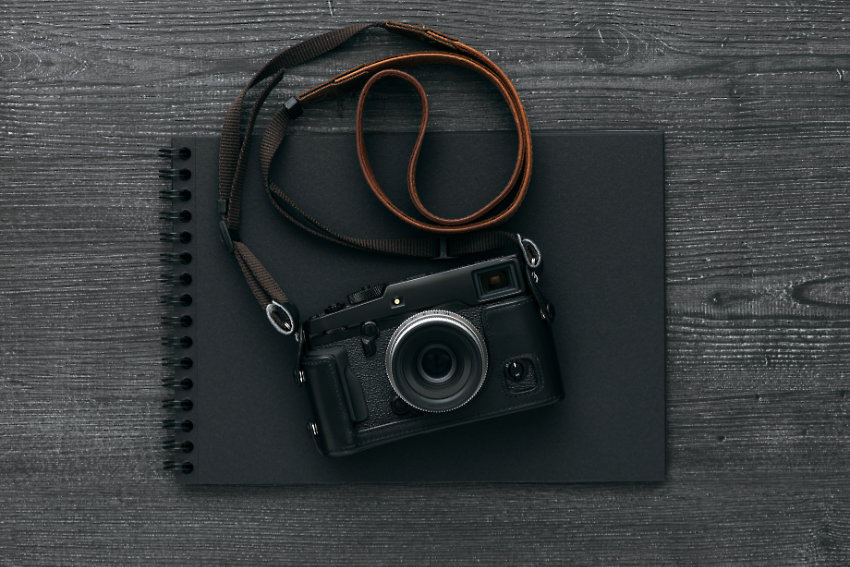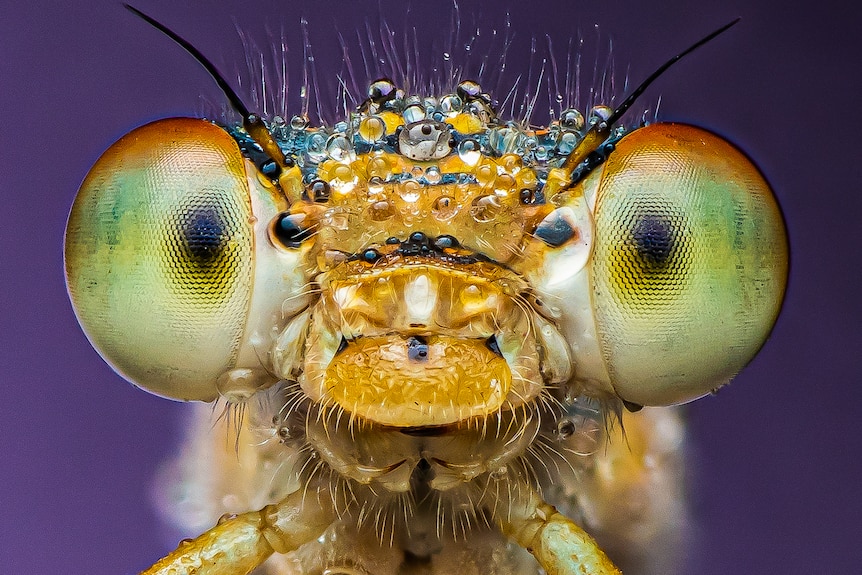
If you're just starting out as a photographer, you may not know the best cameras to buy. There are many options available for beginners. This article will cover a variety of cameras including the Panasonic Lumix G100 and Olympus E-M10 Mark IV. You can also read our beginner's camera guide to learn more about each. These tips will help you choose the right camera.
Panasonic Lumix G100
The Panasonic Lumix G100 is a good choice for beginners because of its compact size, low price and comprehensive features. The camera has manual controls and video recording with HDR. It also offers a variety scene modes including night photography. The camera supports three modes: HDR, iDynamic, and Exposure bracketting. In addition to these, the G100 offers autofocus and a range of video settings.

Olympus E-10 Mark IV
Olympus E–M10 Mark III camera and Mark IV camera are very similar in terms control and user interface. The main menu of the camera is called "Live Control", while the other is called "Super Control Panel". You can navigate the menu with a finger. The Live Control menu is what you should use by default. You can also use the Art Filter menu if you don't know what the controls do. This menu contains various filters that can enhance the overall appearance of your pictures.
Nikon D3500
The Nikon D3500 is a great choice for beginners looking for a full-frame camera at a reasonable price. The camera has a 24.2-megapixel CMOS sensor and an ISO range from 100 to 25,600. It also features full HD video. Its 11-point autofocus is quick and responsive enough to capture sharp images in a variety of lighting conditions. It is also very user-friendly, with a large grip and well-positioned buttons.
Canon EOS M50
The Canon EOS M50 is an excellent camera for beginning digital photography. With interchangeable lenses and an APS-C sensor, you can get a variety lenses to suit a wide variety of shooting conditions. The kit lens (15-45mmf3.5-6.3) is perfect for most portraits and landscapes. You can also choose from a wide-angle zoom lens or telephoto lens to suit your needs.

Fujifilm X-T200
The Fujifilm X-T200, a beginner-friendly camera, is ideal for instagram and vlogging. It lacks a 24.1-megapixel X-Trans sensor but it has a flip-out screen and a small joystick for navigation. Beginners should not be put off by this, however, because this camera does have a lot to offer and is very cheap for its capabilities.
FAQ
Is photography a good job?
Photography is an art that allows you take pictures and share them. It is also a great way to make money if you are willing to put in the hard work. There are many opportunities to make a career as a professional photographer. You can start by taking photos as a hobby for family and friends. This would help you improve your skills and build confidence. Once you are comfortable with this stage, you will be able to move on to paid assignments. The best photographers make a living by their art. Photographers may be asked to photograph people at parties and weddings. However, most professionals prefer to shoot commercial projects such as product shots or advertisements.
It is important to know what kind of photography you like before you can become a professional photographer. After that, practice, experiment, then master your chosen style. You can't replace experience so don’t expect to be successful overnight.
It is important that you first learn technical skills in order to be able to focus on creativity. Photography has both artistic and technical elements. The best way to achieve success in photography is to master the fundamentals of composition and use the right tools.
Consider whether you want to be a professional photographer full-time or part time. Some people combine their love of photography with other work. It is possible to work as a freelancer while you are at the local newspaper. Others may choose to devote their whole time to photography. Either way, it takes dedication and commitment to succeed in any creative field.
Photography is a serious career. You must put in a lot time and effort if you want to succeed. You should think about whether this is something you want to dedicate your life to.
Light Room is a great way to enhance your photos.
To ensure that you get the best photos for your project, it is best to start early. It's better if you take as many shots possible before you decide on the ones that give the most value.
Lightroom allows this because it lets you see the effects of different settings on each photo. These settings can be adjusted on the fly without having to go back into Photoshop. This lets you quickly experiment with what looks great and what doesn't.
Which Lenses Are Best?
Beginners often ask, "What lens should I purchase?" This is a difficult decision because there are so many options.
There is good news: You don't need to buy new lenses every time you buy a new camera. You can simply add lenses later.
Here are three types of lenses to start with.
-
Wide Angle Lens (14mm to 24mm): These lenses allow you to see more of your subject from a wider angle. Zooming in can be done without affecting image quality.
-
Normal/Standard Zoom Lens (28mm - 70mm): These lenses allow you to change focal lengths while maintaining image quality.
-
Telephoto Zoom Lens (70mm to 200mm): These lenses make it easy to capture distant subjects. These lenses let you focus on the subject even if they are small.
These lenses can be combined to create different effects. To capture close-up details, you can switch between a normal and telephoto lens.
Do I want to start taking photos as a hobby?
Photography is a wonderful way to share memories with family and friends. Photography allows you to see the world from a different perspective.
You can find many online resources to help you learn how to take better photographs.
You might also consider enrolling in classes at nearby community colleges or art schools. This allows you to meet other photographers who can provide valuable feedback on your work.
Photography is a talent?
Photography is not a skill, but an art form. This requires years of practice, training, and experiences. It takes years to master any aspect.
Photographing is a business that requires a plan.
To achieve this, it is important to first understand the kind of clients that you wish to attract and then find ways to reach them.
You need to know who they are and what they want. It is important to communicate clearly and convincingly with them in order to convince them to use your services.
This means you need to be prepared and well-organized when meeting potential clients.
A portfolio of your work is essential in order to be able to approach potential clients. You can do this digitally or on paper.
After creating a portfolio you should look for opportunities to present it. You could approach businesses directly or post ads online.
What is the best camera for beginners?
The best camera for beginners depends on your budget, needs, and skill level.
A point-and-shoot camera is a good option if you want to save money. These cameras are not very versatile but offer excellent quality.
Digital Single Lens Reflex (DSLR) cameras can be equipped with interchangeable lenses that enable you to shoot different types. These cameras are generally more expensive that point-and clicks, but provide greater flexibility.
A beginner's kit is the best place to begin if you are new to photography. Everything you need, including a flash, tripod, memory card and camera body, will be included in the one-pack.
Do not forget to get extra batteries!
Statistics
- There are people out there who will pick at flaws they can only see in 100% crops of your photos. (wikihow.com)
- The second easiest way to get blurry photos 100% of the time is to use a cheap filter on the front of your lens. (photographylife.com)
- That's the easiest way to get blurry photos 100% of the time. (photographylife.com)
- While I cannot prove that all of those spots were not sensor dust, the photo was taken during a heavy snowstorm…so I guess that 99.8% of the spots are snowflakes. (bhphotovideo.com)
External Links
How To
What are the necessary skills to become a photographer
Basic skills for any job in photography include artistic ability, technical knowledge, and business acumen.
Technical knowledge includes understanding exposure, camera functions, lens type, film speeds, and developing techniques.
It is important to have artistic talent. This includes understanding composition, lighting, posing, and how to use Photoshop.
Business acumen encompasses budgeting, scheduling, time management and dealing with clients.
Professional photographers should be interested from a young age in photography.
Online courses or classes in school can help you learn about photography.
There are many books that cover all aspects photography.
As well to learning about photography, it is important to develop your own style.
This will allow your to stand out in this field.
Photography has changed over the years. In the past there were cameras like the Kodak Instamatic camera or Polaroid instant cam.
Digital cameras are now more popular than ever. Most photographers now use their smartphones for taking photos.
It is possible to buy a smartphone that takes high-quality images, but if you really want to get into photography, you need to invest in a DSLR (Digital Single Lens Reflex) camera.
You can control every aspect of your photos with a DSLR including shutter speed (speed), aperture, ISO sensiblity, white balance and focus.
These features can be used to create amazing photographs and other effects.
These controls can be used to change the mood of your photo.
A fast shutter speed can make your subject appear blurry, for instance.
You can also make them appear more mobile by increasing the light that enters the camera.
You can also change the scene's color temperature to alter the mood.
For example, if there is lots of blue light around, you can increase the red content of the picture to give it a warmer feel.
To begin with, you may find it difficult to know which direction to point your camera.
You will soon see that it isn't so difficult once you have mastered the basics.
It's much simpler than you think!
When you first start out, you will probably only shoot landscapes or close-up shots of objects.
You can capture any type of image, from portraits to abstracts, with experience.
Once you have learned the basics, it is possible to move on with more advanced subjects.
These are some tips to get you started.
-
Pick a great location. You should choose somewhere you feel comfortable and relaxed.
-
Find something to photograph. You should look for unusual or special objects to photograph.
-
Practice pictures are important. Practice makes perfect!
-
Experiment with different angles. Depending on the goal, hold your camera in a different way.
-
Use different lenses. Different lenses offer different perspectives.
-
Try shooting in low-light conditions. It can be difficult to shoot in bright sunlight.
-
Practice framing the shot. When capturing images, framing is a crucial skill.
-
Learn how to use your camera settings. Spend time playing with your camera settings. This is the best way to improve your photos.
-
Continue to learn new techniques. Photography can be learned in many different ways. You can visit local museums, galleries and libraries.
-
Read books and magazines. Reading about photography will teach you everything you need to know.
-
Join a club. Photography clubs often hold events that encourage members to share their work.